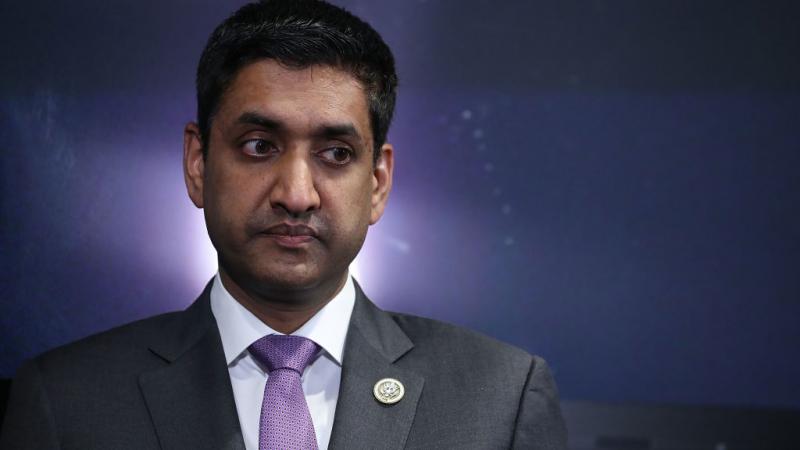Biden approves sending Ukraine internationally-banned cluster bombs
During Friday's White House press briefing, national security advisor Jake Sullivan asserted that Kyiv had committed to taking appropriate steps to mitigate civilian casualties.
The Biden administration confirmed on Friday that it would include cluster munitions in its upcoming military aid package to Ukraine, a move that has prompted international scrutiny due to the munitions' propensity to cause civilian casualties.
Cluster bombs distribute small, explosive submunitions to inflict casualties over a wide area. More than 100 countries worldwide have banned their use.
During Friday's White House press briefing, national security advisor Jake Sullivan asserted that Kyiv had committed to taking appropriate steps to mitigate civilian casualties and insisted the measure represented a stopgap to tide the country over while the U.S. expands domestic arms production.
"We will not leave Ukraine defenseless at any point in this conflict period," he said. "Ukraine would not be using these munitions in some foreign land. This is their country they're defending."
"Ukraine has committed to post-conflict demining efforts to mitigate any potential harm to civilians and this will be necessary regardless of whether the United States provides these munitions or not because of Russia's widespread use of cluster munitions," Sullivan further insisted.
Neither Ukraine nor Russia have signed the 2008 Convention on Cluster Munitions, Russian state media outlet Tass reported. Major European nations such as Germany have opposed sending Ukraine such weapons, citing their status as a signatory. Human rights organizations, meanwhile, have called on both combatant nations to refrain from using such munitions and urged Washington not to provide Kyiv with them.
Estimates vary as to the so-called "dud rate" of American cluster munitions. That figures to the number of submunitions that fail to explode upon use and may later present a threat to civilians. Sullivan placed the figure at 2.5% while Tass claimed it stands at 6%.
Ben Whedon is an editor and reporter for Just the News. Follow him on Twitter.
















